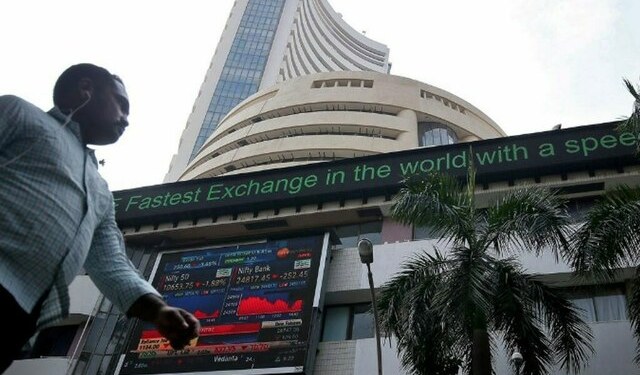By Jonathan Stempel
REUTERS – Berkshire Hathaway Inc shareholders might have been forgiven on Saturday for looking at the company’s annual report and wondering why some $ 56 billion of cash appeared to vanish.
It did not, Chairman Warren Buffett assured them.
The Omaha, Nebraska-based conglomerate has changed how it reports its cash stake, and no longer includes the overall amount in its consolidated statement of cash flows.
In his annual shareholder letter, Buffett said Berkshire has about $ 86 billion of cash and equivalents, roughly triple the $ 28 billion shown on the cash flow statement. Berkshire had reported $ 84.8 billion there as of Sept. 30.
Investors care about the stake because it shows Berkshire’s capacity to make big acquisitions, or purchases such as a big new investment in iPhone maker Apple Inc, without having to sell existing businesses or investments.
Buffett insists on a $ 20 billion cash cushion, in part for protection should natural or man-made catastrophes force big payouts by the company’s insurance units.
So who was to blame for the reporting change?
Accountants and auditors.
In a footnote, Berkshire said it had invested “significant amounts” last year in U.S. Treasury bills maturing in more than three months.
Berkshire said it had previously classified such Treasury bills as cash equivalents, noting that they are highly liquid and not that sensitive to interest-rate changes.
But after consulting “relevant accounting literature” and talking with its independent auditors, “we have concluded that, notwithstanding our view of the substance of such instruments, these U.S. Treasury Bills technically do not meet a ‘bright line’ definition of cash equivalents” under generally accepted accounting principles,” Berkshire said.
As a result, Berkshire is now reporting its longer-dated Treasury bills with its consolidated balance sheets.
It reported $ 58.3 billion of Treasury bills there, versus just $ 4.6 billion a year earlier. Berkshire also revised prior cash flow statements to reflect the change.
“We believe that these changes have no effect whatsoever on our financial condition,” Berkshire said.
(Reporting by Jonathan Stempel in New York; Editing by David Gregorio)



























